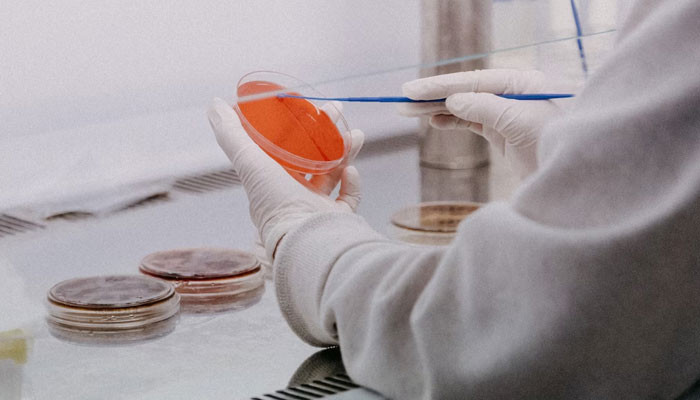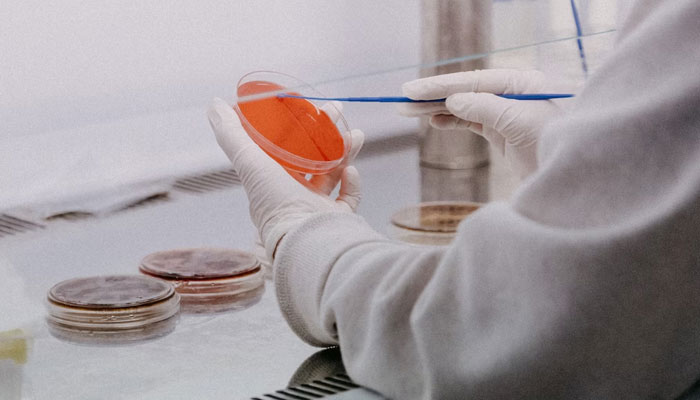Hope for paralysis patients as new chemical spurs incredible nerve regeneration
Scientists have discovered a new chemical compound namely “1938” which can help damaged nerves regenerate after injury.
According to a study published in the journal Nature, the new compound, 1938, “activates biological mechanisms that help trigger cell growth.”
The new compound also helped reduce heart tissue damage after major trauma in animal models and regenerated lost motor function, the study said.
To conduct the study, researchers from University College London (UCL) and MRC Laboratory of Molecular Biology (MRC LMB), teamed up with experts from AstraZeneca to screen thousands of molecules from its chemical compound library.
During their research, They created a compound that could activate a pathway, known as the phosphoinositide 3-kinase (PI3K) signaling pathway, that is involved in cell growth.
PI3K is a type of enzyme that helps cell growth, the study explained.
During their study, the scientists conducted multiple experiments on heart tissue and nerve cells, and a sciatic nerve injury, to assess the effects of the PI3K pathway.
Eventually, they found that administering 1938 provided substantial tissue protection and increased nerve growth and recovery significantly.
According to the scientists, the results of the new compound “indicated nerve regeneration”.
Professor James Phillips, of the UCL School of Pharmacy, who is a senior author of the study, said: “There are currently no approved medicines to regenerate nerves, which have been damaged as a result of injury or disease, so there’s a huge unmet need.”
“Our results show that there’s potential for drugs that activate PI3K to accelerate nerve regeneration and, crucially, localised delivery methods could avoid issues with off-target effects that have seen other compounds fail,” he added.
For all the latest health News Click Here


